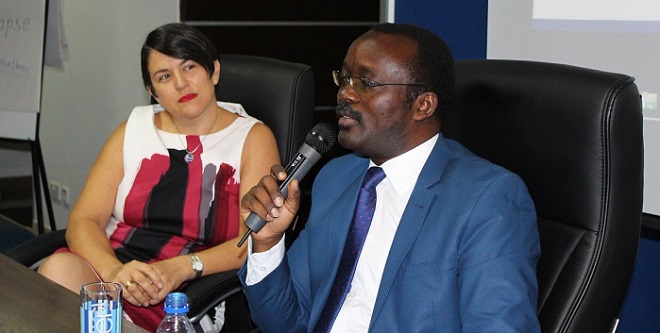
National Water and Sewerage Corporation aims to have every Ugandan village in urban centres connected to a safe source of water by 2020.
Dr Silver Mugisha, the Managing Director of NWSC said the sh180 billion project that starts next year will see all of 60,000 villages connected. He revealed that government has promised to provide sh90billion, while the other half will come from NWSC.
Mugisha said capacity and resources are set for the project. He said from 23 towns three years back, NWSC currently covers over 171 towns around Uganda while from an average of laying 80km, they are now laying over 1,000km annually.
He said this at a NWSC Customer Connect session at International Resource Centre (IREC) in Kampala with what they called their “Water Heroes” on social media. He told them “if we work together we will make Uganda better.”
Mugisha outlined the corporation’s vision, that includes ensuring that by 2020, Kampala has water to cater for the projected population in 2040. “We have catered for water supply in Kampala up to 2040, stepping into the Middle Income economy already” he boasted.
He said in Kampala and countrywide, NWSC has surpassed all water and sewerage targets set up by government. “If the middle income does not come, it will not be because of national water,” Mugisha said.
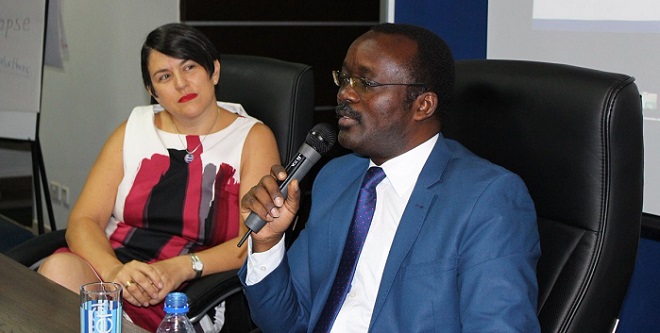

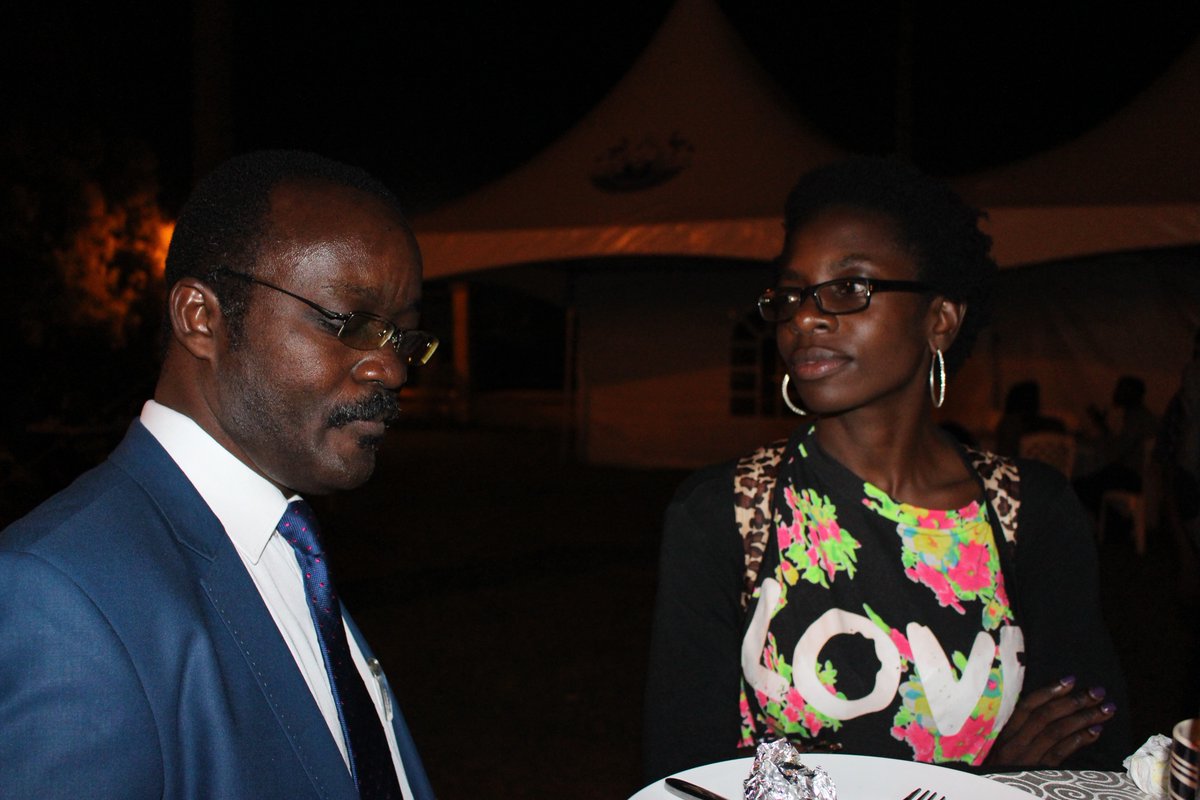
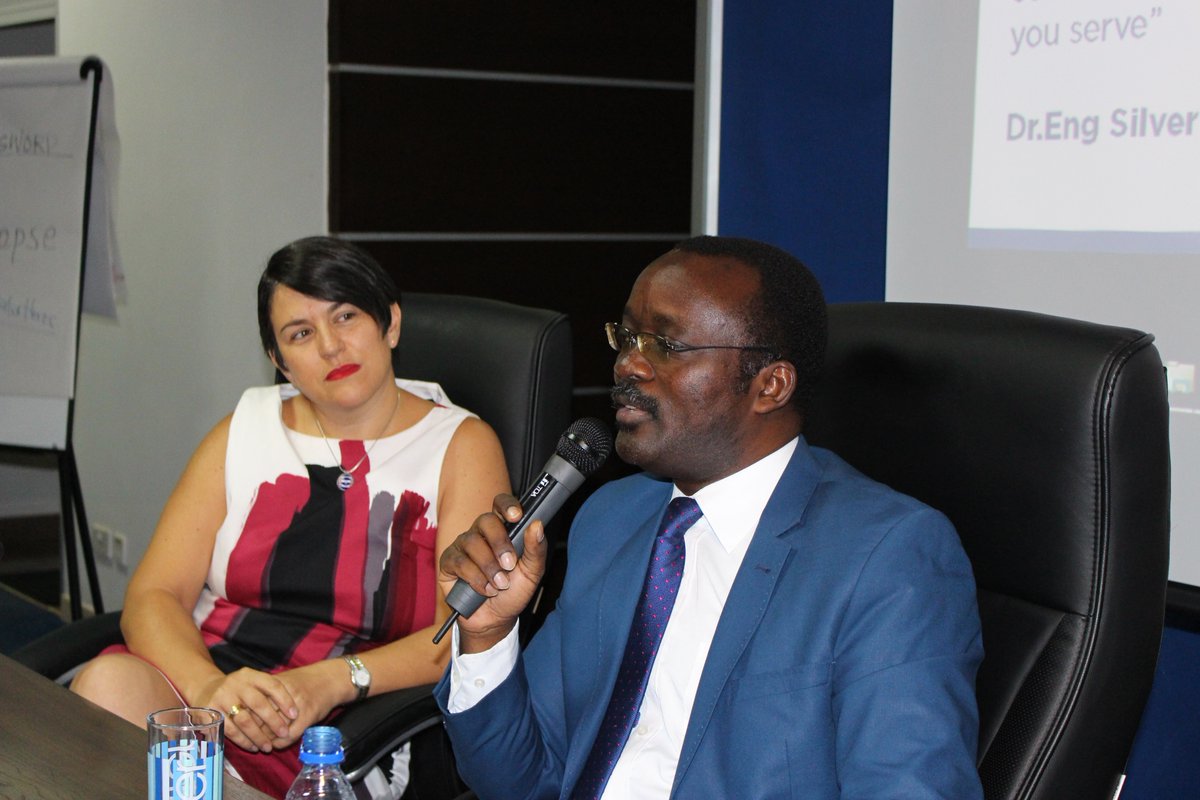
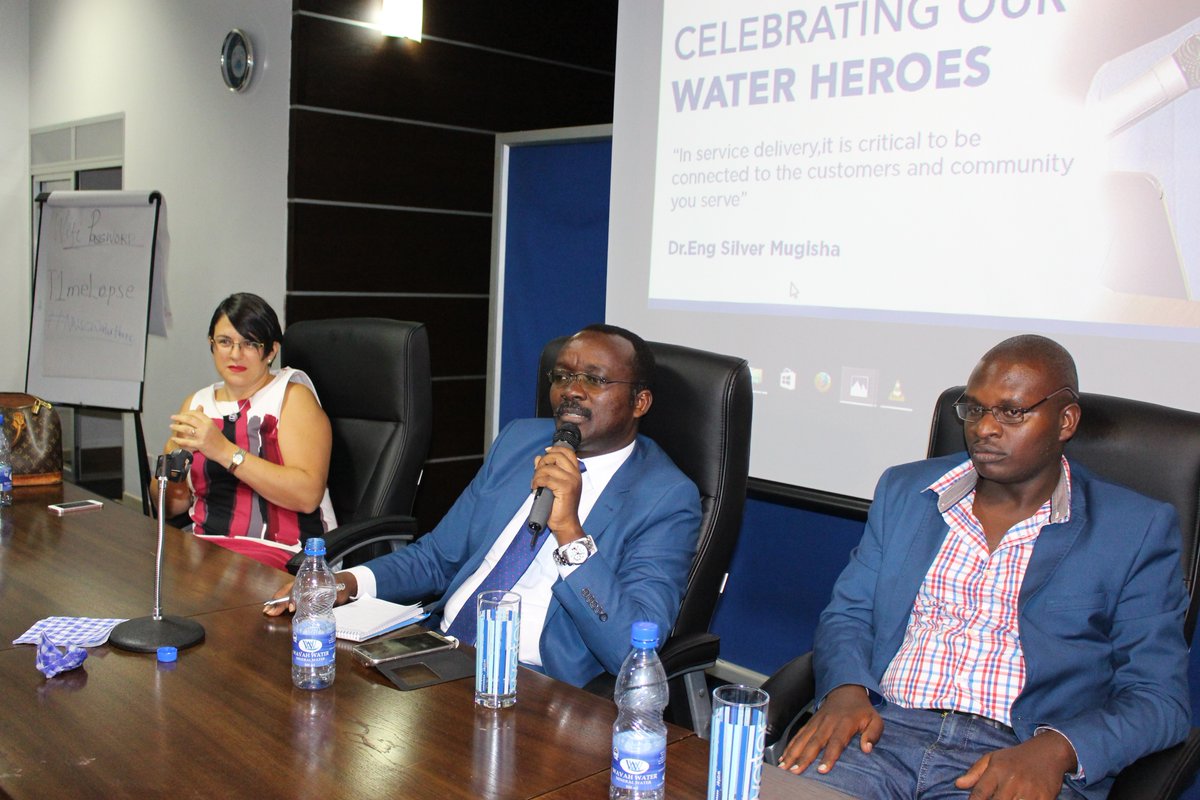
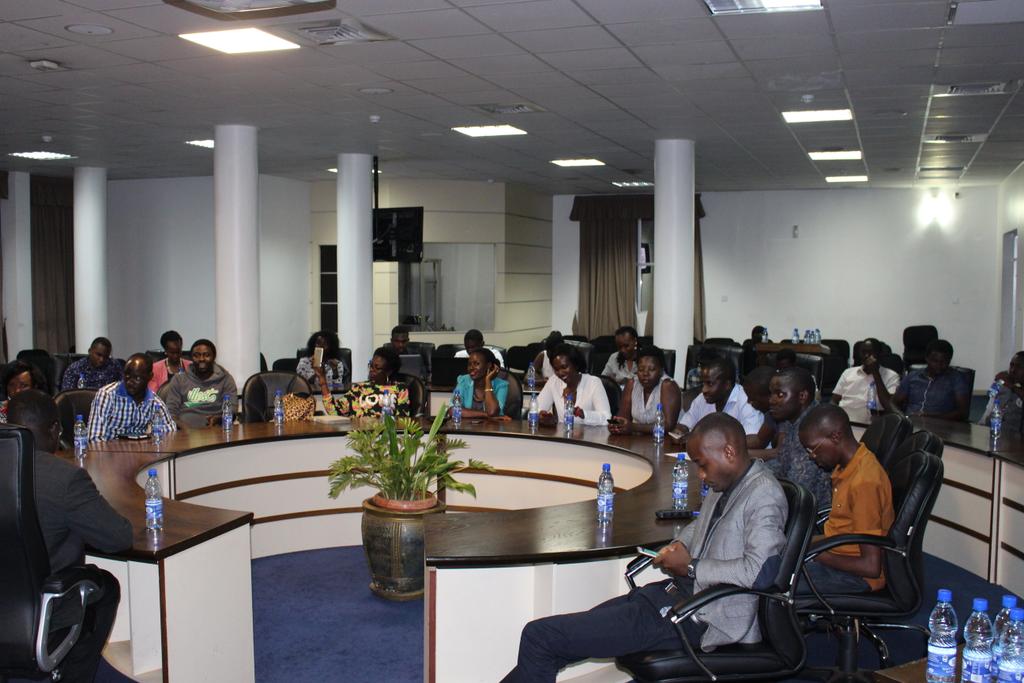
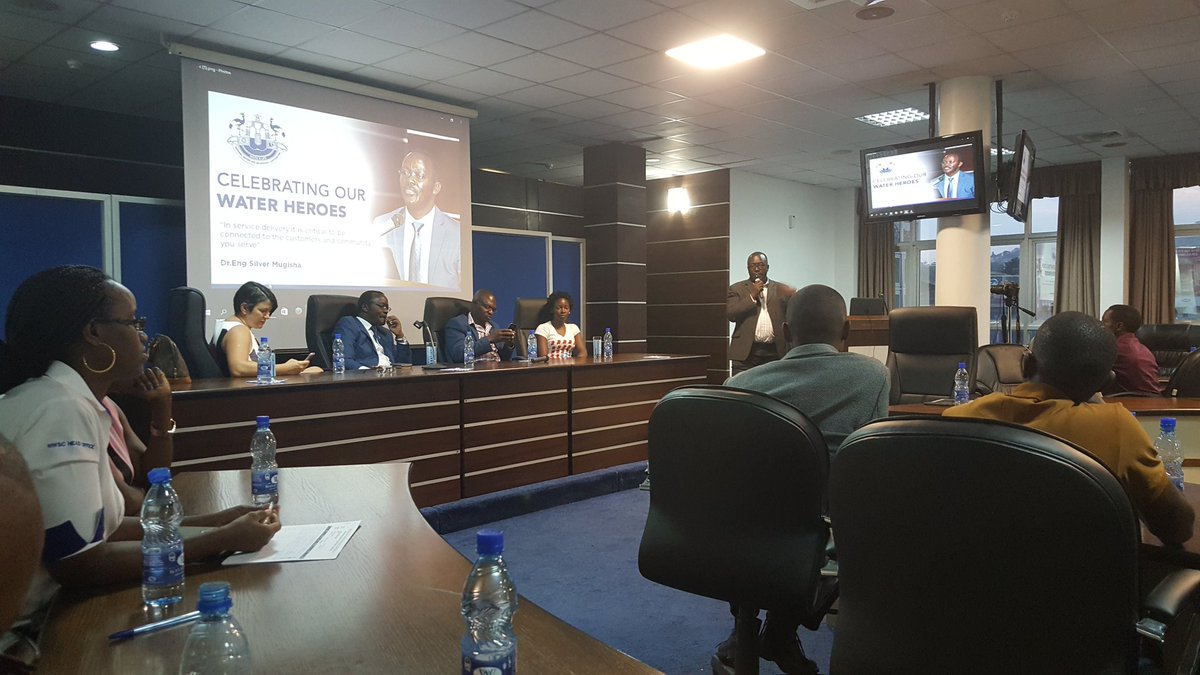
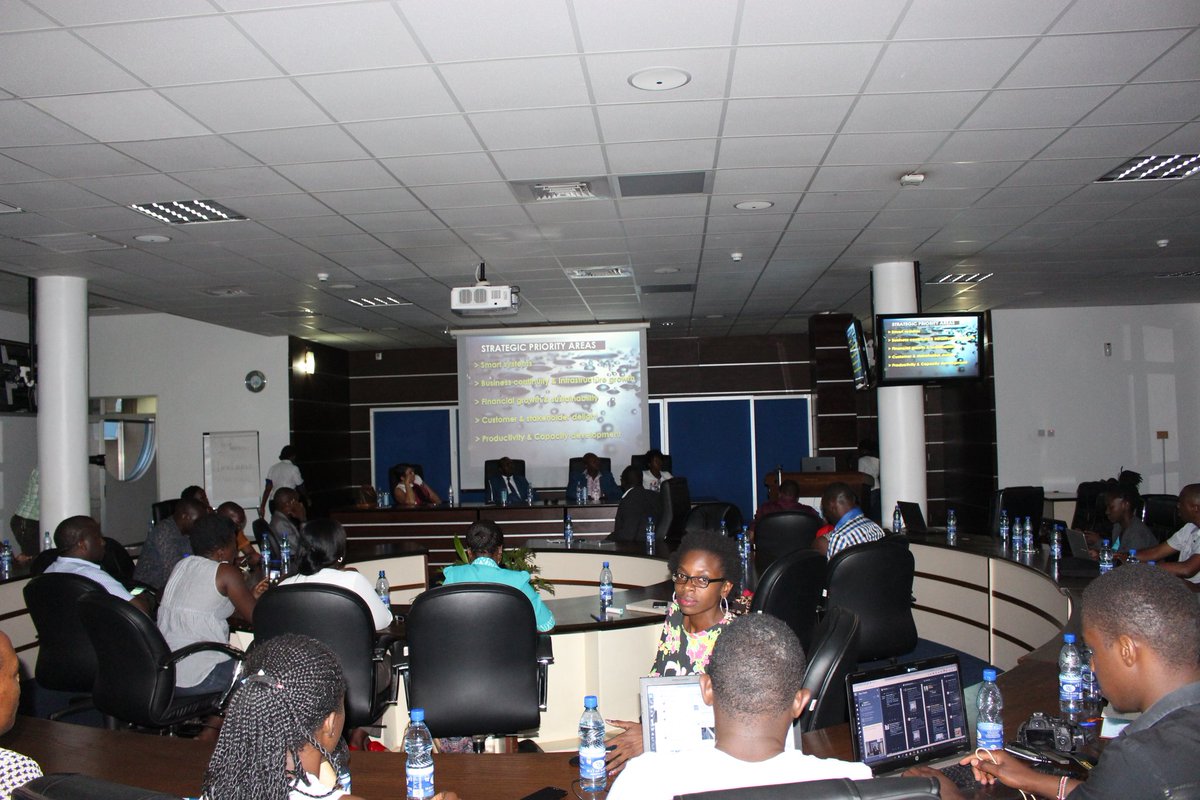
Smart CSR
He outlined NWSC’s Corporate Social Responsibility (CSR) as focused on delivering services to Ugandans, even those living in areas where cost of delivery of water is more expensive than expected revenue.
“The biggest CSR we can do is laying pipes in places where we don’t benefit,” Mugisha said.
Mugisha hailed their recently introduced school water and sanitation clubs as a step to improve hygiene standards in Uganda.
“We realised having water does not necessarily mean diseases will reduce. That is why we have put focus on hygiene and the holistic health question” he said.
He said the aim to encourage children to stop their parents stealing water, encourage environmental protection and improve hygiene at early stage.
 The Independent Uganda: You get the Truth we Pay the Price
The Independent Uganda: You get the Truth we Pay the Price



